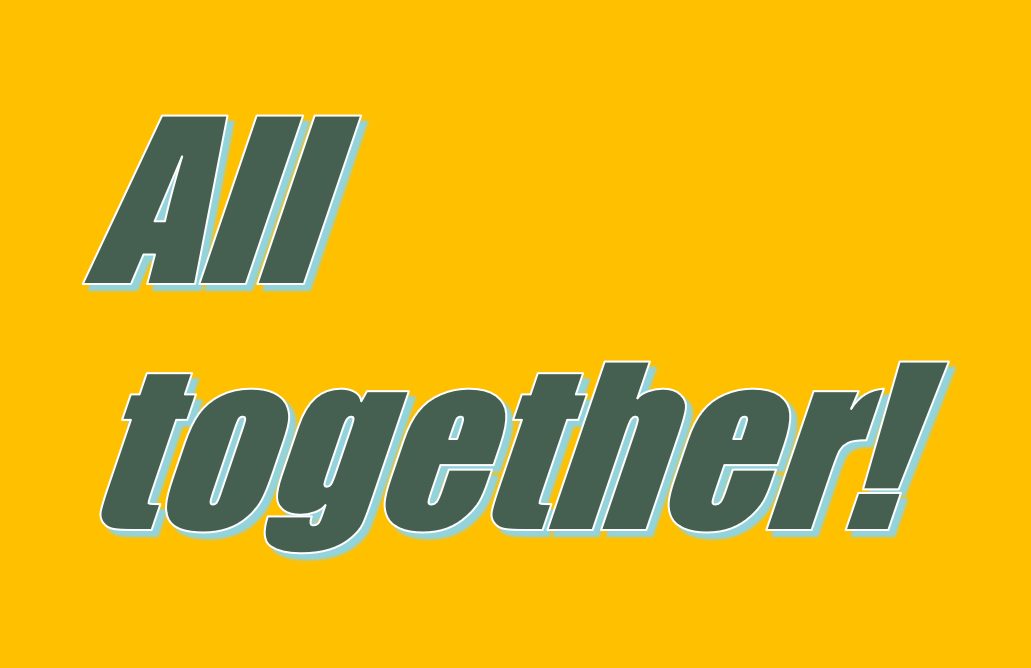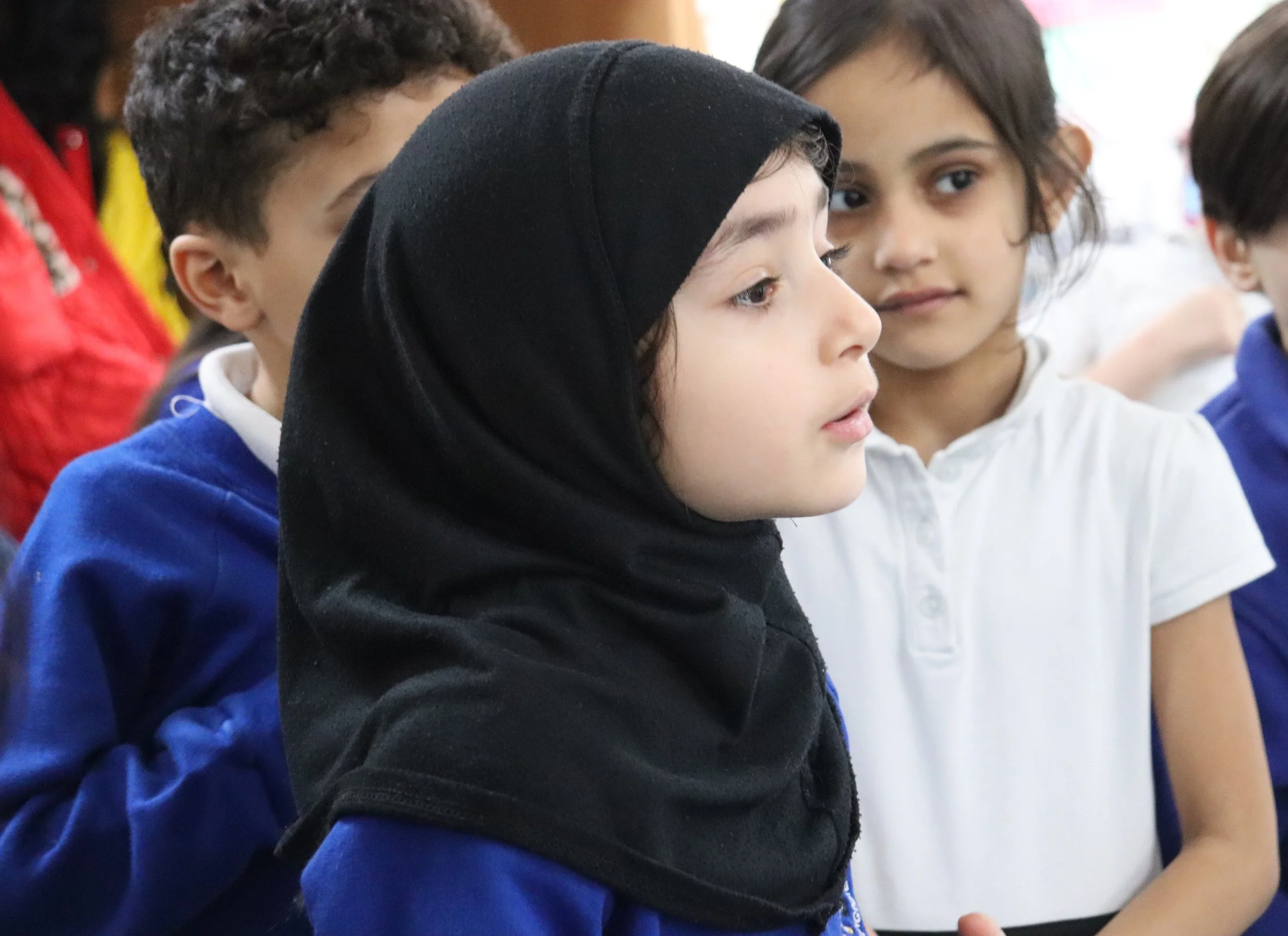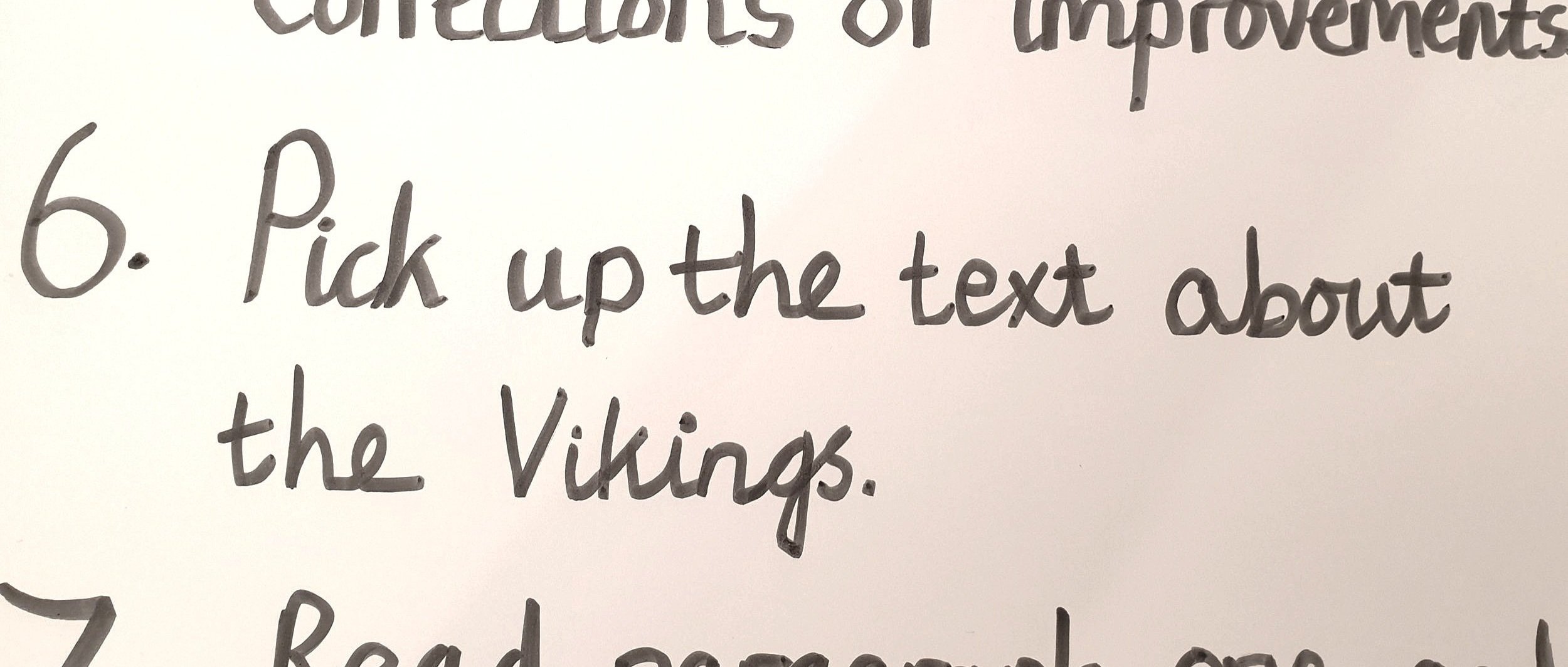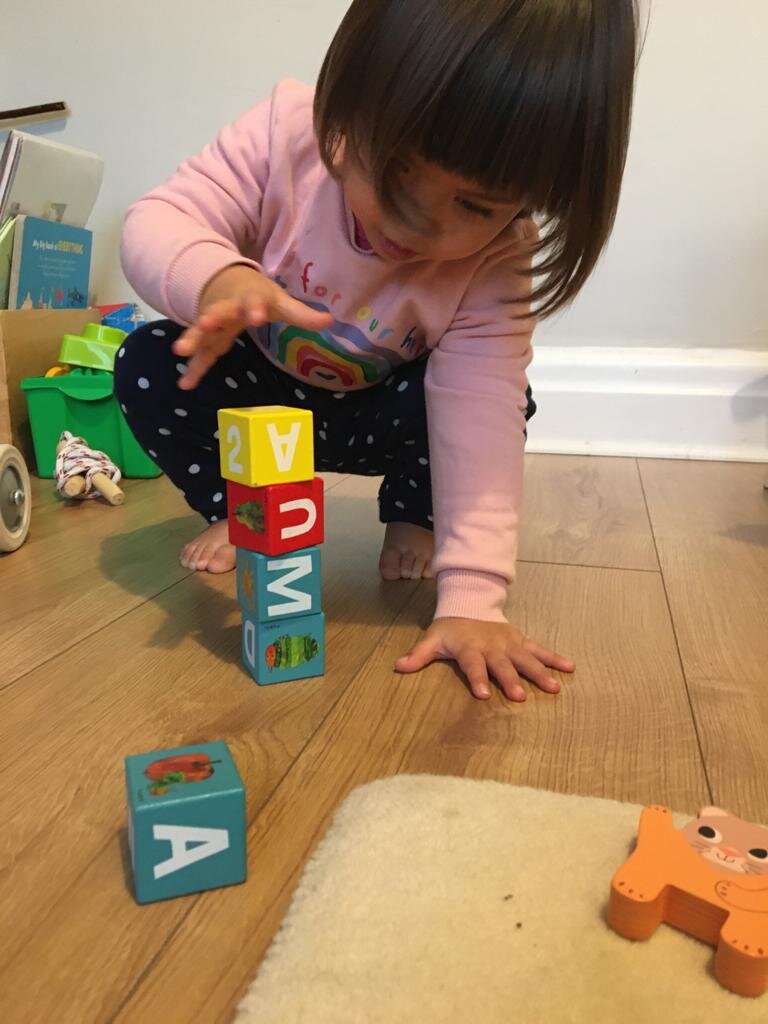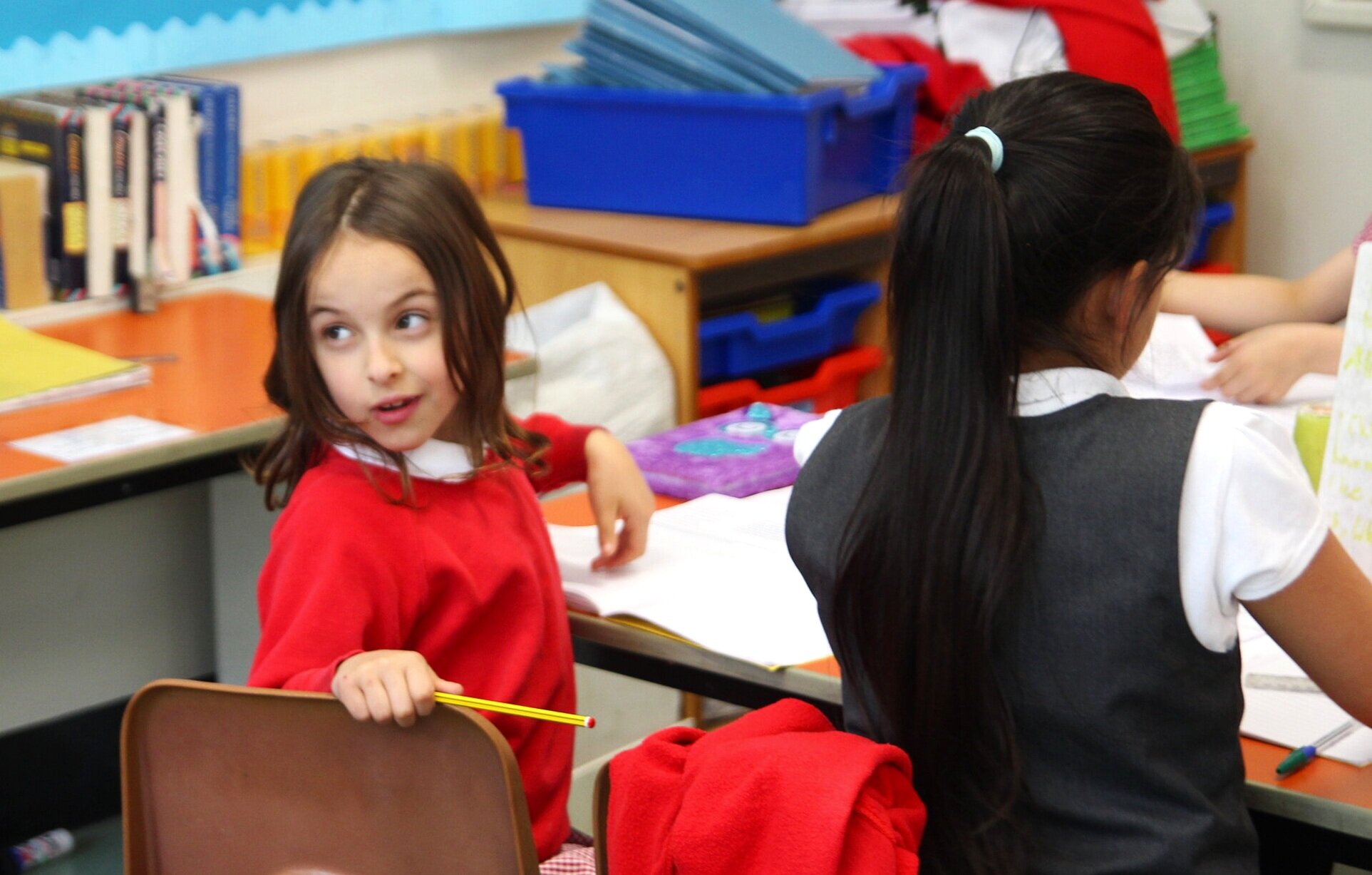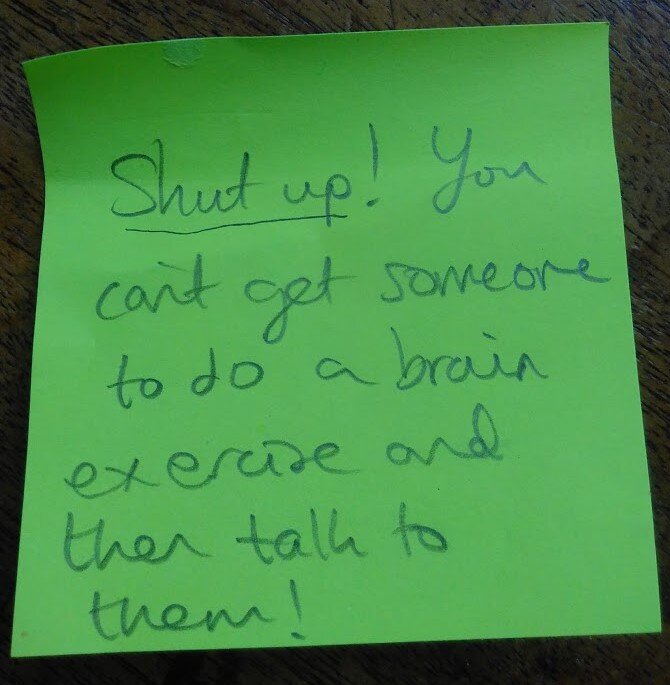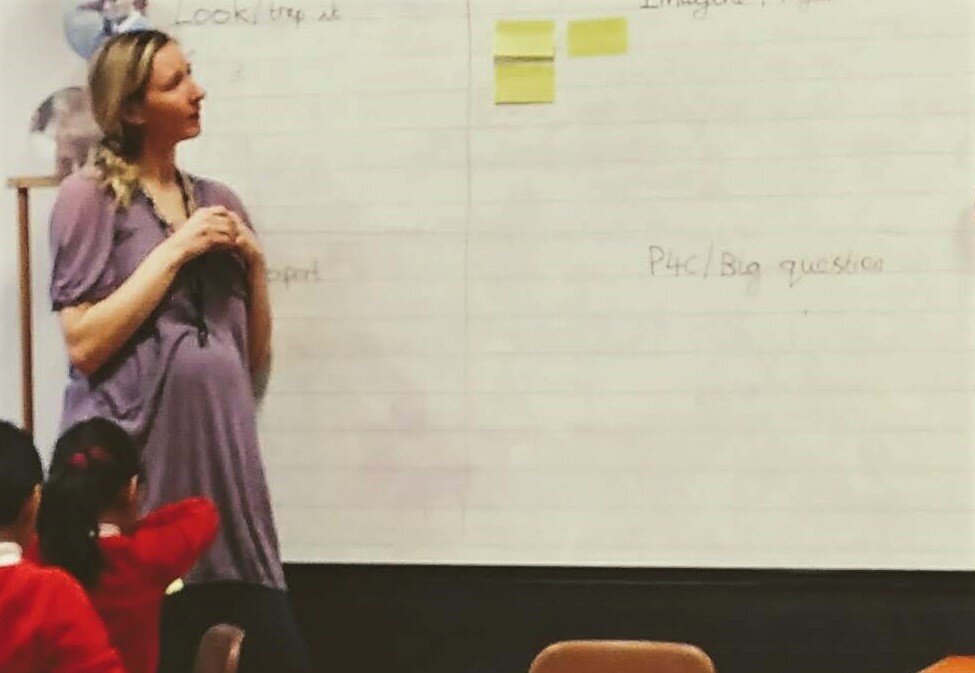Here are three of the things I observe most frequently when I do talk audits – one positive and two which are quite hard-hitting:
Students really value talking in lessons. As you speak, you get your thoughts organised. It helps you realise what you know and what you don’t know (age 17). You can communicate ideas, find out other viewpoints and you can add to yours (age 14). If the teachers do all of the learning talk, the children aren’t learning enough and they’ll just get bored (age 7).
Teachers want to use oracy as a pedagogy, but it isn’t done as effectively as it could be. An example is pair work where the task is vague and there are no accountability measures afterwards. As with many pedagogical approaches, in oracy-based learning it’s essential to create structure, accountability, and high expectations. (Lucy West has published a helpful resource about making pair talk effective, including six specific facilitation tips at the bottom of page five.)
Teacher talk is excessive – often involving repeated, lengthy inputs and instructions that result in students switching off, and which limit students’ opportunities to practise, apply and deepen their learning. (By contrast, here’s my earlier post describing a lesson where the teacher talk was impressively concise and high-impact.)
I hope these observations help you reflect on your own practice.
“It is useful if the teacher speaks a bit, but the children should speak more – the teacher has already learned it! The children need more chance to talk so they have a bigger way of getting stuff into their minds.”
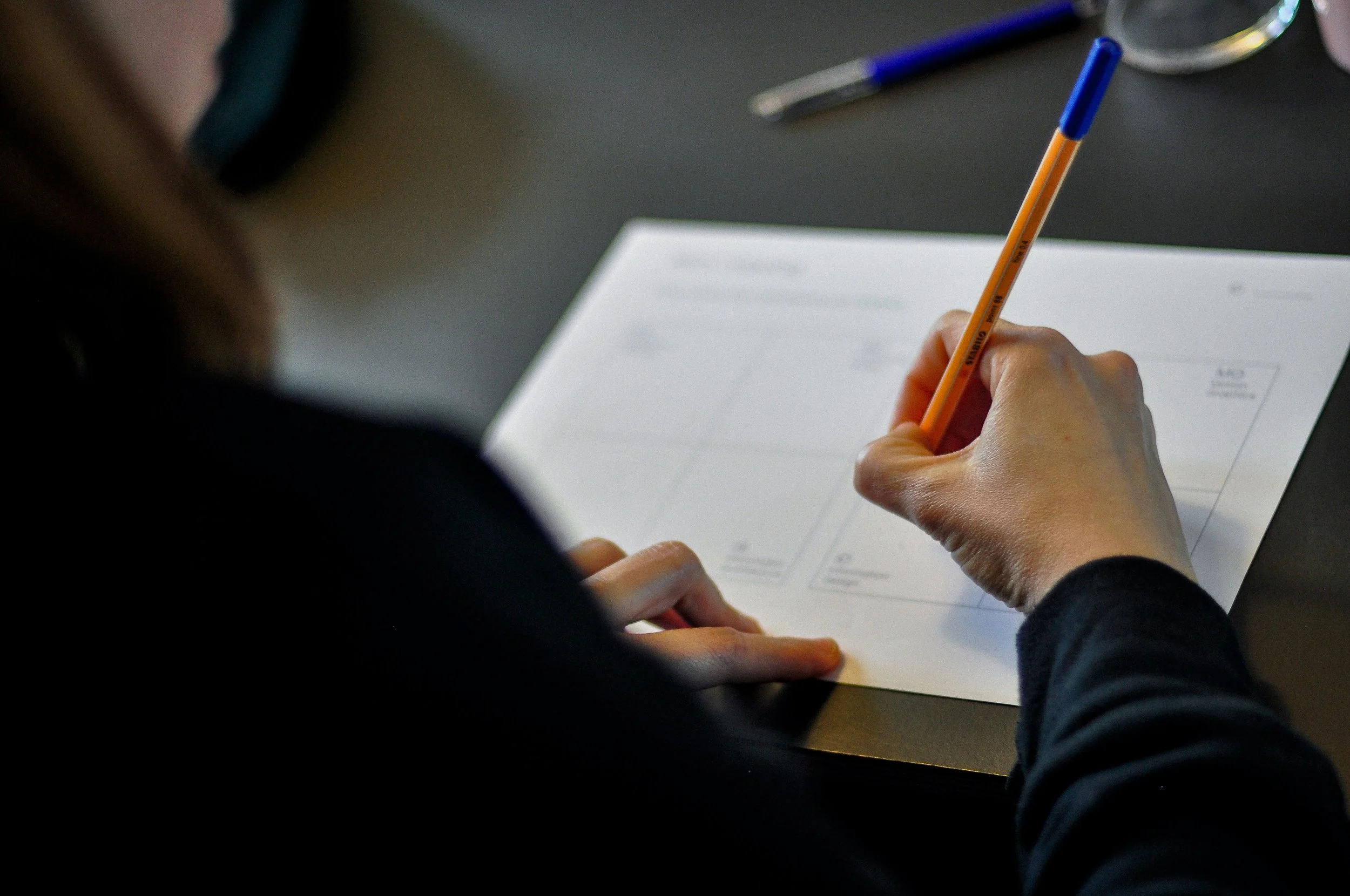
Photo by Giu Vicente on Unsplash
Three steps to help your class develop their listening skills
Share this 4 minute video with your Early Years colleagues
How to give praise – and how not to – based on the research
Creating the conditions for productive dialogue online, just as we would in the classroom.
The importance of modelling constructive talk.
Simple-yet-effective techniques to get three year olds talking and keep them focused.
Ensure consistency and impact for high-quality pupil dialogue.


